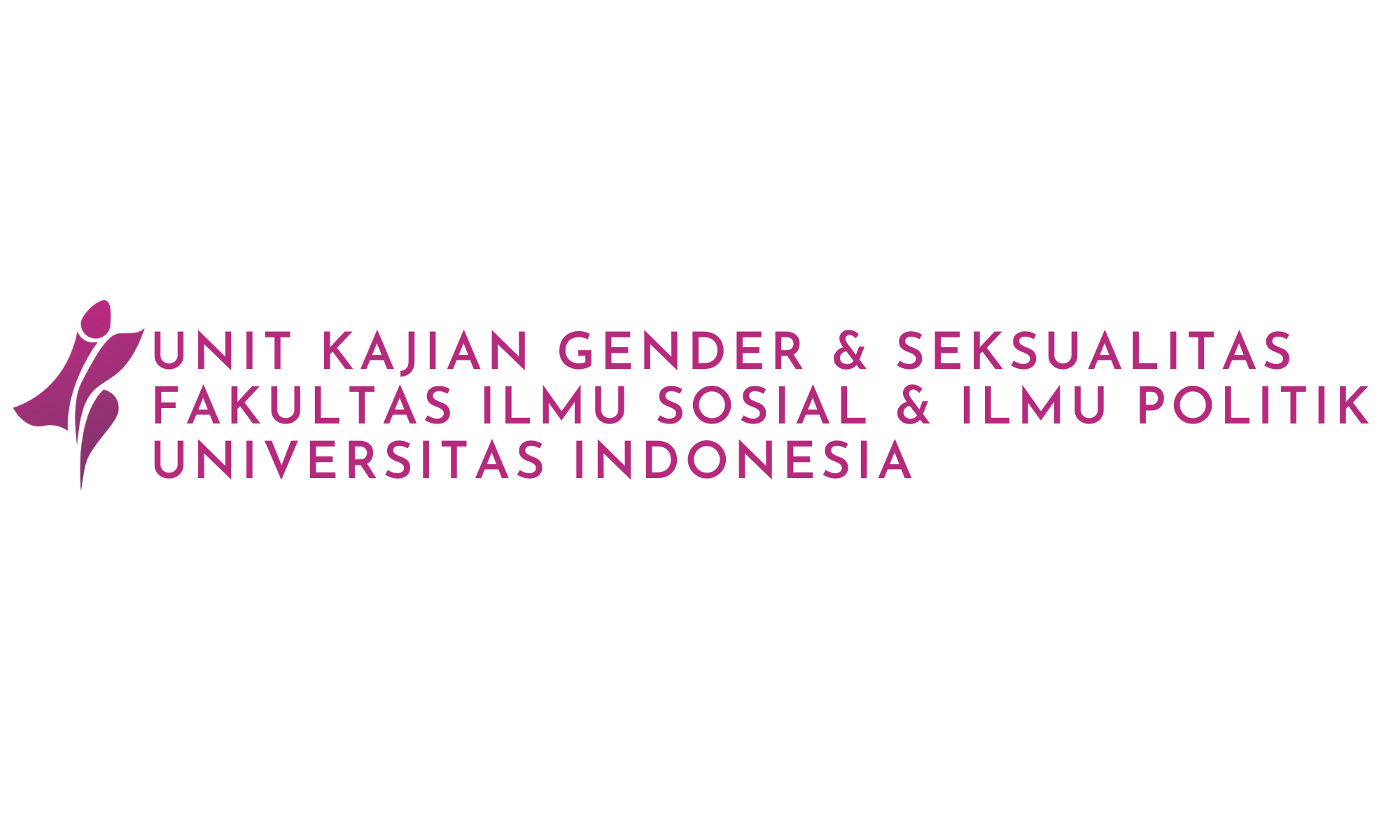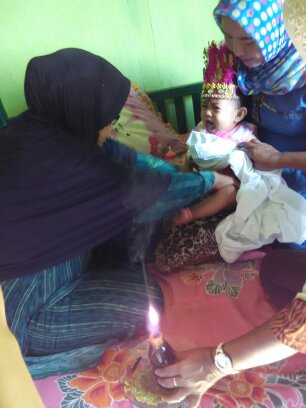Foto oleh : Reni Kartikawati
Female Genital Circumcision (FGC) is internationally banned as it violates girls’ human rights and reproductive health. Yet, it has still been applied in some countries as in almost all regions in Indonesia. Through its research, the Gender and Sexuality Study Centre, Faculty of Social and Political Sciences, Universitas Indonesia funded by HIVOS comprehensively described the complexity of FGC in Indonesia. The study was conducted in seven provinces using mixed method techniques, which included survey, observation, FGD and in-depth interviews. The study has got ethical qualification from the Faculty of Public Health Universitas Indonesia No. 132/H2.F10/PPM.00.02/2015. The study’s findings presented the complexity of FGC in which they differ in practice in one another accordingly to the pluralistic of Indonesian society. Although some practices were only symbolic action, there were practices which qualified to be categorized as Clitoridotomy (type 1) and other unclassified action (type IV) of WHO classifications to intervene girls’ sexual organ. The study suggested that it is easier to eliminate the FGC in plural-urban society as it gives individual opportunity to independently choose not to do the FGC. Therefore, empowering and raising the awareness of the girls as individual will enlighten the society point of view to the risks of FGC to women’s reproductive health.
,and Sari Damar Ratri2

